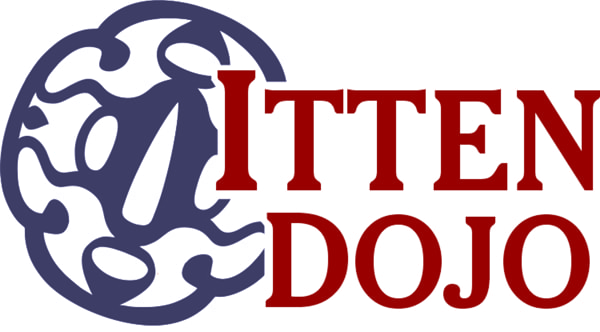Fees and Costs
Dues
Students of a traditional dojo recognize that membership dues support the existence of the dojo, and are not simple payments in exchange for instruction. An individual membership is $149 per month, while a family membership—which can include a spouse and dependents over the age of 14 years—is $239 per month. New students can commence training at any time, with the first month’s dues prorated to the point of the month the member begins training. New members must also designate a bank account from which subsequent dues will be submitted by means of Electronic Funds Transfer (EFT). We do not use membership contracts. EFT arrangements can be changed or stopped at any time, provided written notice is submitted to the dojo prior to the 25th of the month, in order to effect changes for the subsequent month.
Examination Fees
There are no fees for rank examinations within our dojo.
Required Training Equipment and Certification Fees
Jujutsu and Judo
New members of the jujutsu class and/or judo study group need only a judo-style uniform and a pair of zori (sandals), both of which are available through the dojo for a total of about $125, depending on sizes. Certification of ranks in Nihon Jujutsu and/or judo is issued by the Shudokan Martial Arts Association, an international organization supporting authentic, heritage martial arts. An associate membership in the SMAA is $25 per year, but does not provide the opportunity for certification of rank. At the point of testing for sankyu, about two years into training, we require upgrading to a full membership that allows certification of rank (the fee is $30 per year). The fee for certification of a promotion below black-belt level is also $30 (certification of a black-belt promotion is $60).
Iaido
The uniform and bokken (wooden sword) required to start training cost about $225. Within three to six months, students will also need to purchase an iaito (an unsharpened, alloy-blade training sword), which will cost about $400 for a basic iaito of good quality. We have multiple, loaner bokken and iaito that can be used while in the dojo, prior to a new student obtaining his or her own. When a student is ready to order their own gear, we will provide a list and links of recommended sources for ordering online. Certification of ranks is issued by the SMAA, as described above for Nihon Jujutsu and/or judo.
Shodo
Shodo classes are included in the regular membership. Students are encouraged to obtain a set of inexpensive samue—traditional workers’ cloths—to wear in class, as well as a recommended “starter” set of calligraphy supplies. Links to approved sources are provided to new members of the class.
Special Seminars
Itten Dojo regularly hosts senior instructors to present seminars for our members (and sometimes outside guests). When we schedule one of these events, attendees of the training may be asked to contribute a fee—usually about $50 to $125—to help defray the costs of the instructor’s expenses and honorarium.
Miscellaneous Payments
There is a tradition in Japan that money is vulgar. When payments for other than electronic submission of dues are necessary, it’s most appropriate to enclose the cash or check in a shugi-bukuro (money envelope) and place the payment on the chief instructor’s desk. Noshi is dried albacore, and the tradition is that giving noshi is a gift of food, rather than a payment of cash, and always appropriate. If you look on the shugi-bukuro, you will see an image of a folded paper enclosing a fish—that’s the noshi. A PDF of a shugi-bukuro can be downloaded from the link below. Be sure to write your name and the purpose of the payment on the envelope.
Call or email today for an appointment and come see for yourself — visitors are always welcome!
